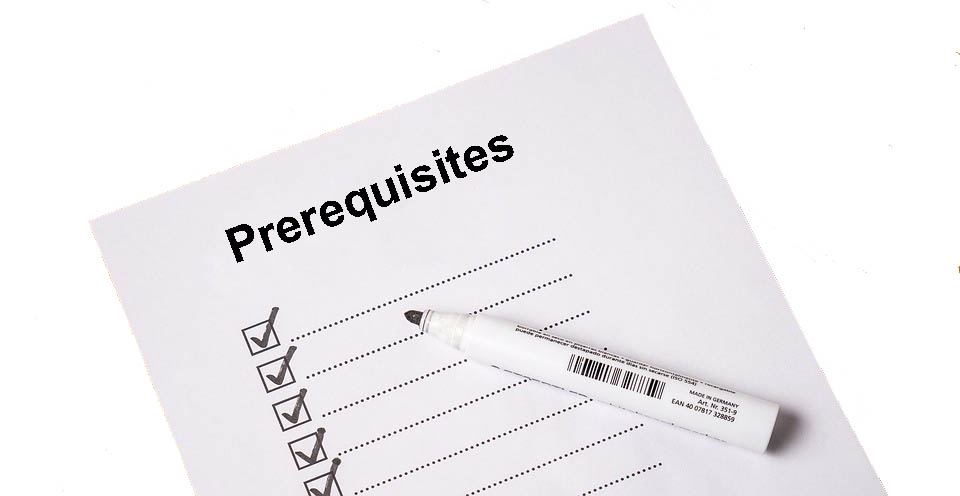Practical Works in Fundamental Electronics
Topic outline
-
Practical work plays a crucial role in foundational electronics, providing hands-on experience that complements theoretical learning. Activities include constructing and analyzing basic circuits using components such as resistors, capacitors, diodes, and transistors, while applying principles like Ohm’s Law and Kirchhoff’s Laws. With tools such as multimeters, oscilloscopes, and function generators, learners develop skills in circuit testing, troubleshooting, and analysis. This approach not only reinforces theoretical concepts but also fosters problem-solving abilities and a deeper understanding of component behavior in real-world applications. Practical work serves as a vital foundation for advanced studies and prepares individuals for future challenges in electronics and electrical engineeringg.
-
course Title:Practical Works in Fundamental Electronics
Duration: 13 weeks
Schedule: Wednesday, 8:00 AM - 12:30 PM
Room: Lab 56
Lecturer professor: Dr.Laib Abderrzak
Contact: By email: abderrzak.laib@univ-msila.dz
-
Response on the forum: Any questions related to the course must be posted on the dedicated forum so that everyone can benefit from my response. I commit to answering questions posted within 48 hours.
By email: I commit to responding by email within 36 hours of receiving the message, except in unforeseen circumstances. Please note that the preferred communication channel is the forum. Email is reserved for "urgent" matters (such as access issues with the platform) and should be used judiciously.
-
The objectives of the practical work in Fundamental Electronics are to provide students with hands-on experience in applying theoretical concepts, develop their problem-solving and analytical skills, and familiarize them with essential electronic components and circuits. Through laboratory exercises, students will learn to design, assemble, and test basic electronic circuits, use measurement instruments such as oscilloscopes and multimeters, and interpret experimental results. These practical sessions aim to enhance the students' understanding of fundamental electronic principles and prepare them for more advanced topics in electronics and electrical engineering.
-
Students are expected to have a basic understanding of electrical circuit theory, including Ohm’s law, Kirchhoff's laws, and the behavior of resistors, capacitors, and inductors. Familiarity with fundamental mathematical concepts such as algebra and trigonometry is also essential. Additionally, basic knowledge of how to use laboratory instruments (like power supplies, multimeters, and oscilloscopes) will be helpful. These prerequisites ensure that students can efficiently engage with the practical exercises and make the most of the learning experience.

-
- The primary objective of this practical work is to familiarize students with electrical components, including resistors, measuring instruments, and the wiring of direct current (DC) electrical circuits. We will specifically examine the laws relating charge and potential difference for resistors, as well as practical applications of these laws in measuring electric current.
-
This practical work aims to analyze circuits containing multiple voltage or current sources by isolating the effect of each source individually. This method simplifies the problem-solving process, providing a clear understanding of how each source influences the overall circuit behavior
-
https://www.youtube.com/watch?v=CT-vWdlyvJo
